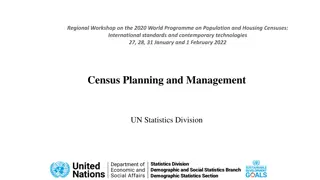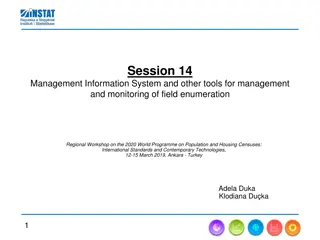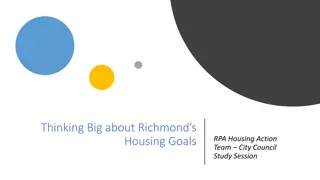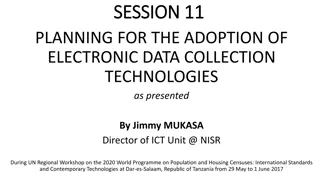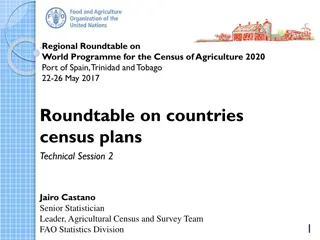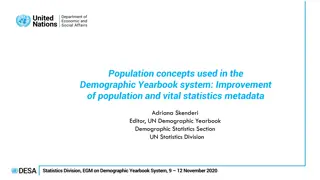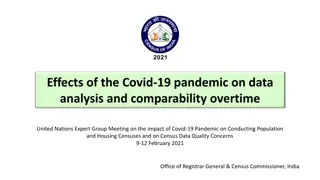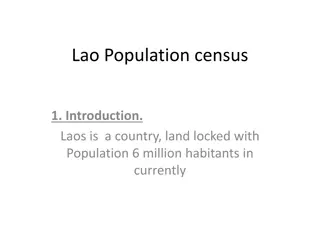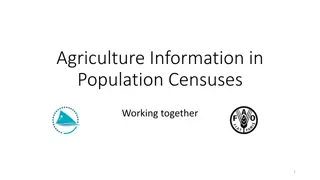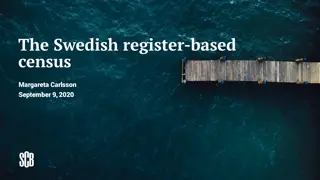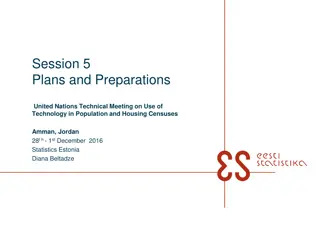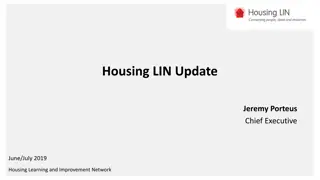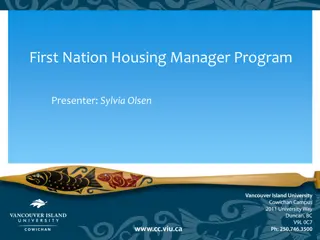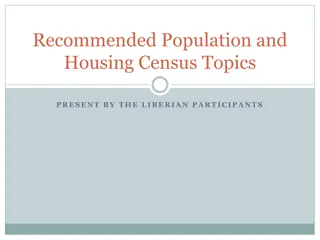Insights from United Nations Regional Workshop on Population and Housing Censuses
Highlights from the United Nations Regional Workshop on the 2020 World Programme on Population and Housing Censuses in Tbilisi, covering topics such as disability data collection challenges, deriving population with usual residence, and measuring SDGs through census data.
Download Presentation

Please find below an Image/Link to download the presentation.
The content on the website is provided AS IS for your information and personal use only. It may not be sold, licensed, or shared on other websites without obtaining consent from the author. Download presentation by click this link. If you encounter any issues during the download, it is possible that the publisher has removed the file from their server.
E N D
Presentation Transcript
United Nations Regional Workshop on the 2020 World Programmeon Population and Housing Censuses: International Standards and Contemporary Technologies, 24 -27 April 2018, Tbilisi Group 2
Session 5 Group discussions
10 participants from 7 countries:
Countries that had a question on disability in 2010 census round Country Individual questionnaire Household questionnaire Armenia + Georgia + Moldova + Mongolia + Turkey +
To determine at the planning stage the aim of collected data International data a difficult to compare Clear instructions for enumerators during trainings (from methodological point of view) Challenges on collecting disability data Disability No comparison of data with administrative sources Correct formulate the question It is a sensitive question for most of the country
Countries that derived population with usual residence at the previous census round, 2010 Country Population with usual residence Time criteria Armenia + Belarus + 12 moths Georgia + Moldova + Mongolia + 6 months Tajikistan + 12 months Turkey +
Challenges in deriving population with usual residence Usual residence A clear question on year of last departure For register based census, the definition of UR should be implemented in all administrative datasets Hard to get persons
Session 8 Group discussions Measuring SDG through Population and Housing Censusues
1.1.1 Unlikely for all the countries in the group 1.2.1 1.2.2 Likely for all (basic services may be different in different countries) 1.4.1
3.1.1 Unlikely (available in current statistics) 3.2.1 3.7.2 Unlikely for Belarus 3.c.1 Very likely for rest of the countries
4.1.1 Likely for a+b Unlikely for c Unlikely Armenia, Mongolia (Q Asked 6 years and above) 4.2.2 Very likely for the rest V- Armenia, Georgia, Moldova, Mongolia, Tajikistan, Turkey 4.c.1 U-Belarus (do not collect ocupation) 4.6.1 L no data for point b)
L Turkey (no data for union) 5.3.1 U-for rest of the countries (data available in current statistics) V - Armenia, Georgia, Moldova, Mongolia, Tajikistan 5.5.2 L - Turkey U Belarus
L Mongolia, Turkey 6.1.1 U - Armenia, Georgia, Moldova, Belarus, Tajikistan 6.2.1 U
V - rest 7.1.1 U - Belarus V- Moldova, Mongolia 7.1.2 U - rest
V Armenia, Georgia, Moldova, Turkey 8.5.2 U - rest V Belarus, Turkey 8.6.1 L rest (no data collected on training) L data collected for 15 years and over 8.7.1
V Mongolia, Turkey 9.2.2 L rest (National classificator based on NACE rev.2)
L Armenia, Moldova, Mongolia, Georgia, Turkey 11.1.1 U Belarus, Tajikistan
V - for point a) 17.19.2 Point b) does not depend on census
SDG indicators which are not included in Core Topics or Additional Census Topics V Turkey 3.2.2 U Armenia, Belarus, Georgia, Moldova, Mongolia, Tajikistan V Mongolia, Turkey (not from census- from ICT survey) 5.b.1 U Armenia, Belarus, Georgia, Moldova, Tajikistan
Thank you for your attention!
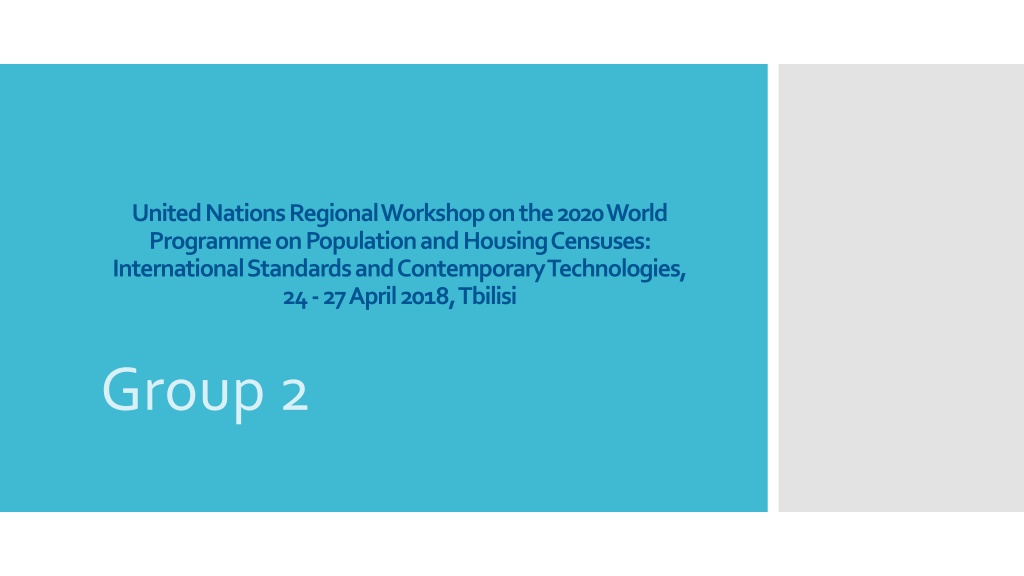
 undefined
undefined







